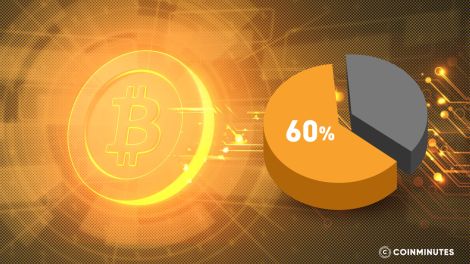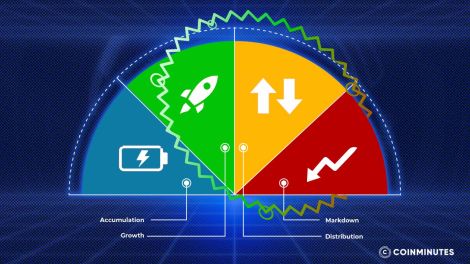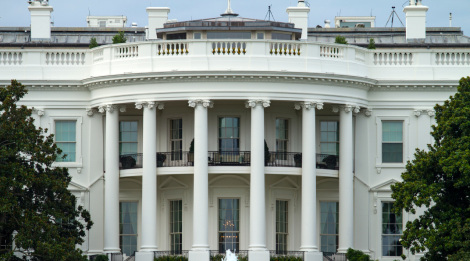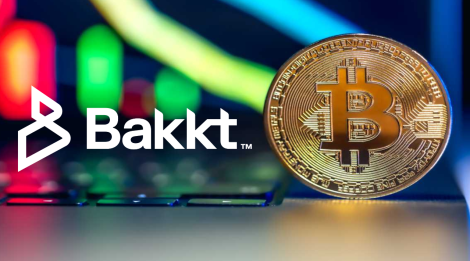GameStop's Crypto Gambit: How a $450M Bitcoin Play Failed to Impress Wall Street

The company directed these funds toward "general corporate objectives" – corporate-speak that barely disguises their crypto ambitions. GameStop already holds 4,710 Bitcoin. With BTC hovering around $108,000, this fresh capital could double their holdings overnight.
Yet Wall Street collectively shrugged.
The stock initially dropped 2.5% on the news before recovering slightly. This echoes their May stumble when announcing a $500 million Bitcoin purchase actually triggered an 11% stock decline.
Why can't GameStop catch a break?
The Bitcoin Bump: Who Gets It and Who Doesn't
Not everyone strikes out with crypto announcements.
Japanese firm Metaplanet saw shares jump 22% after revealing Bitcoin purchase plans. Indonesian fintech DigiAsia Corp experienced a jaw-dropping 91% surge. And Paris-based Blockchain Group watched their stock rocket 225% following their March Bitcoin buy.
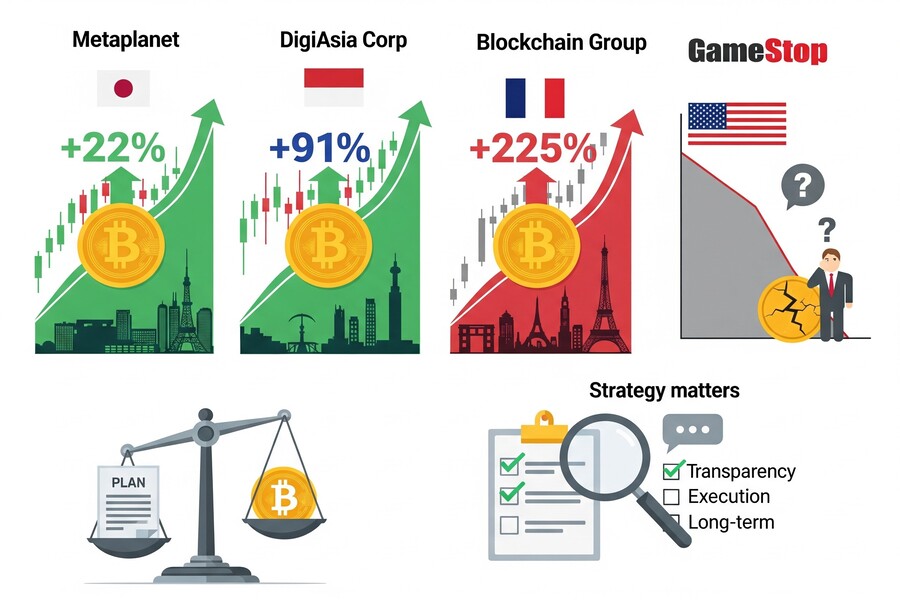
Why can't GameStop strike out with their crypto announcement?
So what's GameStop doing wrong?
"A Bitcoin treasury implementation requires a well-structured approach to safeguard capital and enhance liquidity," explains Vincent Liu, Chief Investment Officer at Kronos Research. "Without transparent execution and strategic long-term planning, it's unlikely to generate lasting value."
In simpler terms: it's not what you buy, but why you're buying it that matters to investors.
Financial Engineering: Brilliant Strategy or Desperate Move?
Look beneath the surface, and GameStop's approach gets interesting.
They're not just buying Bitcoin with cash on hand. They're deploying sophisticated financial instruments to fund these purchases.
The $450 million comes through what finance pros call a "greenshoe option" on convertible senior notes. Think of these as loans that can transform into company shares later. These zero-coupon notes require no interest payments until 2032, essentially giving GameStop nearly free money for seven years.
The structure includes three clever elements:
A conversion premium. Notes convert to shares at $28.91 – 32.5% above recent prices – delaying shareholder dilution until 2030.
Built-in safeguards. Maximum conversion is capped at 45.1671 shares per $1,000 note, protecting against excessive dilution.
Strategic allocation. SEC filings earmark proceeds for "investments consistent with GameStop's Investment Policy" – financial jargon for "we're buying more Bitcoin."
This financial wizardry could position GameStop among the top five corporate Bitcoin holders globally.
But Wall Street remains unimpressed. Why?
The Meme Stock Curse: Three Strikes Against GameStop
Despite raising over $4 billion in 2025, GameStop's stock has flatlined. Three problems haunt their Bitcoin strategy:
First, broken promises. GameStop abandoned their NFT marketplace in 2023 and shuttered their crypto wallet in 2024, citing regulatory concerns. These retreats destroy credibility. Actions matter more than announcements.
Second, dilution fears. Even with delayed conversion, these notes could eventually expand outstanding shares by 6.8%. That makes investors nervous, regardless of the 2032 timeline.
Third, the meme stock stigma lingers. Many still view GameStop as a speculative vehicle rather than a serious technology company. That perception taints everything they do.
"Bitcoin treasuries require operational credibility – not just hype," Liu notes. "GameStop lacks the track record of consistent execution that investors demand."
The Bitcoin Playbook GameStop Failed to Read
Successful corporate Bitcoin strategies share three traits conspicuously absent from GameStop's approach:
Strategy (formerly MicroStrategy) holds nearly 600,000 BTC and has seen shares rise 1,200% since 2020. Their formula combines debt-funded purchases with institutional lobbying and relentless communication of their long-term vision.
Metaplanet owns just 203 BTC but saw a 22% stock jump after their announcement. Their edge? A clear roadmap positioning Bitcoin as a Japanese yen hedge – giving investors a concrete strategy to evaluate.
GameStop holds 4,710 BTC but saw an 11% price drop after their purchase announcement. Their approach feels random, with no coherent treasury framework or articulated vision.
Unlike Strategy's detailed "digital asset policy" or Metaplanet's currency hedging thesis, GameStop treats Bitcoin more like a casual bet than a core strategic asset.
Would you trust your money to a company that can't explain its own financial decisions?
Regulatory Quicksand: The Compliance Problem
Those vague press releases about "general corporate purposes" aren't just poor communication. They reflect legitimate regulatory fears.
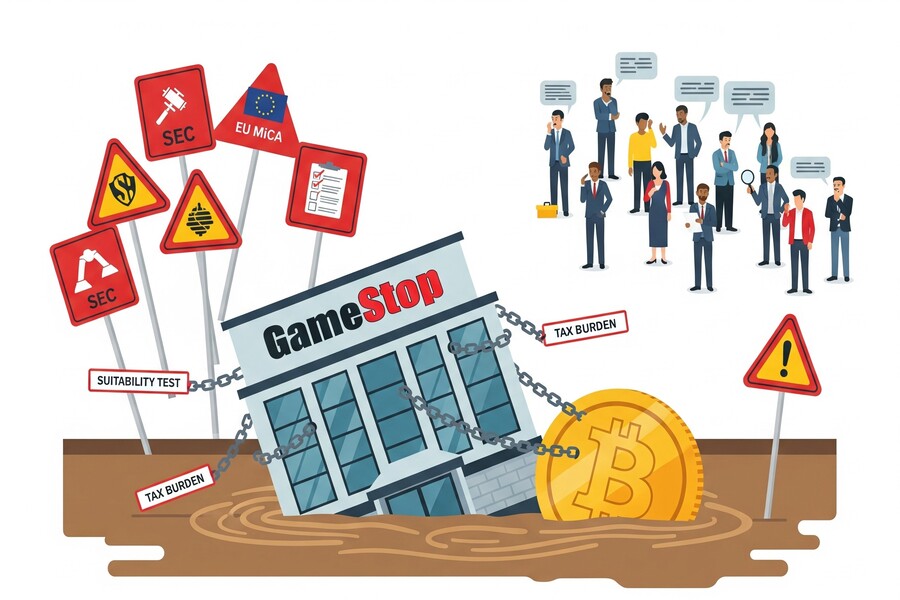
GameStop: Trapped by crypto regulations
The SEC has intensified investigations into crypto-funded debt offerings since March 2025. Europe's Markets in Crypto-Assets regulation demands corporate reserves pass "suitability tests" that GameStop's approach might fail.
Then there's the tax question. Unlike Strategy's carefully optimized holding structure, GameStop risks a 30% corporate gains tax on any Bitcoin appreciation.
These constraints force GameStop into deliberately opaque communication about their capital allocation – eroding investor confidence compared to companies operating in more crypto-friendly jurisdictions.
But these challenges aren't insurmountable. So what should they do?
The Endgame: A $2.7 Billion Bet on Digital Gold
GameStop's massive convertible note issuance represents one of the boldest corporate crypto treasury moves we've seen. And yet investor apathy persists.
Make no mistake: the market isn't rejecting Bitcoin. It's rejecting GameStop's execution.
For the original "meme stock" to reinvent itself, it must transcend financial engineering and build tangible blockchain utility. Until then, its debt-funded Bitcoin purchases remain a high-stakes gamble on digital gold's appreciation, disconnected from the company's core business.
 English
English
 Vietnamese
Vietnamese

